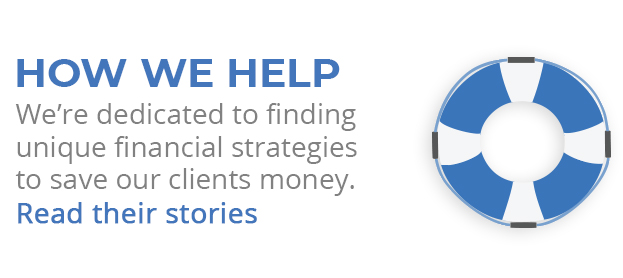
If you ever have the inkling to manage your investments on your own, that inkling is worth reconsidering. Do-it-yourself investment management is generally a bad idea for the retail investor for myriad reasons.
Getting caught up in the moment. When you are watching your investments day to day, you can lose a sense of historical perspective – 2011 begins to seem like ancient history, let alone 2008. This is especially true in longstanding bull markets, in which investors are sometimes lulled into assuming that the big indexes will move in only one direction.
Historically speaking, things have been so abnormal for so long that many investors – especially younger investors – cannot personally recall a time when things were different. If you are under 30, it is very possible you have invested without ever seeing the Federal Reserve raise interest rates. The last rate hike happened before there was an iPhone, before there was an Uber or an Airbnb.
In addition to our country’s recent, exceptional monetary policy, we just saw a bull market go nearly four years without a correction. In fact, the recent correction disrupted what was shaping up as the most placid year in the history of the Dow Jones Industrial Average.
Listening too closely to talking heads. The noise of Wall Street is never-ending, and can breed a kind of shortsightedness that may lead you to focus on the micro rather than the macro. As an example, the hot issue affecting a particular sector today may pale in comparison to the developments affecting it across the next ten years or the past ten years.
Looking only to make money in the market. Wall Street represents only avenue for potentially building your retirement savings or wealth. When you are caught up in the excitement of a rally, that truth may be obscured. You can build savings by spending less. You can receive “free money” from an employer willing to match your retirement plan contributions to some degree. You can grow a hobby into a business, or switch jobs or careers.
Saving too little. For a DIY investor, the art of investing equals making money in the markets, not necessarily saving the money you have made. Subscribing to that mentality may dissuade you from saving as much as you should for retirement and other goals.
Paying too little attention to taxes. A 10% return is less sweet if federal and state taxes claim 3% of it. This routinely occurs, however, because just as many DIY investors tend to play the market in one direction, they also have a tendency to skimp on playing defense. Tax management is an important factor in wealth retention.
Failing to pay attention to your emergency fund. On average, an unemployed person stays jobless in the U.S. for more than six months. According to research compiled by the Federal Reserve Bank of St. Louis, the mean duration for U.S. unemployment was 28.4 weeks at the end of August. Consider also that the current U-6 “total” unemployment rate shows more than 10% of the country working less than a 40-hour week or not at all. So you may need more than six months of cash reserves. Most people do not have anywhere near that, and some DIY investors give scant attention to their cash position.
Overreacting to a bad year. Sometimes the bears appear. Sometimes stocks do not rise 10% annually. Fortunately, you have more than one year in which to plan for retirement (and other goals). Your long-run retirement saving and investing approach – aided by compounding – matters more than what the market does during a particular 12 months. Dramatically altering your investment strategy in reaction to present conditions can backfire.
Equating the economy with the market. They are not one and the same. In fact, there have been periods (think back to 2006-2007) when stocks hit historical peaks even when key indicators flashed recession signals. Moreover, some investments and market sectors can do well or show promise when the economy goes through a rough stretch.
Focusing more on money than on the overall quality of life. Managing investments – or the entirety of a very complex financial life – on your own takes time. More time than many people want to devote, more time than many people initially assume. That kind of time investment can subtract from your quality of life – another reason to turn to other resources for help and insight.

About the Independent Financial Advisor
Robert Pagliarini, PhD, CFP®, EA has helped clients across the United States manage, grow, and preserve their wealth for the past 25 years. His goal is to provide comprehensive financial, investment, and tax advice in a way that was honest and ethical. In addition, he is a CFP® Board Ambassador, one of only 50 in the country, and a real fiduciary. In his spare time, he writes personal finance books, finance articles for Forbes and develops email and video financial courses to help educate others. With decades of experience as a financial advisor, the media often calls on him for his expertise. Contact Robert today to learn more about his financial planning services.










